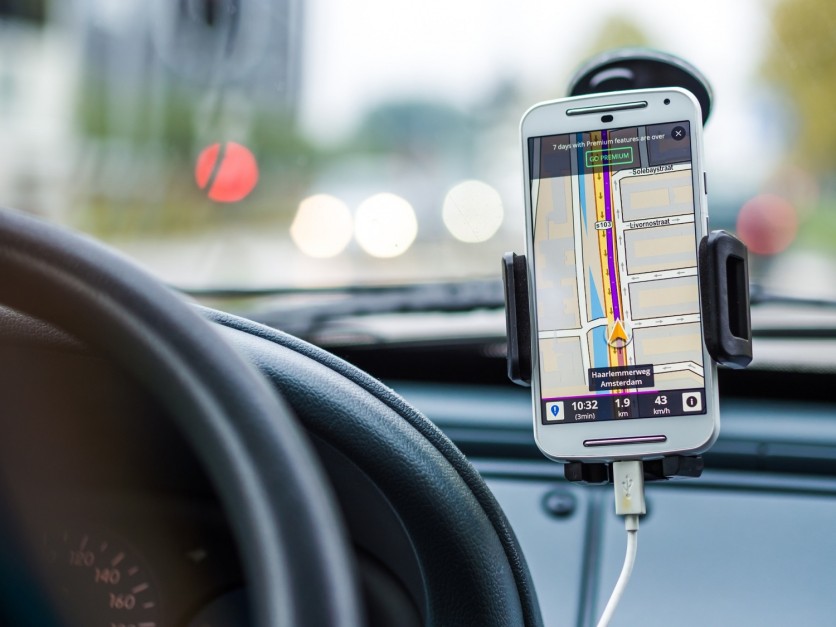Self-driving cars represent a promising future in transportation, yet concerns arise regarding their inclusivity toward individuals with disabilities. Despite advancements, accessibility remains a challenge.
While autonomous vehicles have the potential to revolutionize mobility for people with disabilities, their perspectives are at risk of being overlooked in the technology's development.
Researchers from Warwick Manufacturing Group (WMG) at The University of Warwick, in collaboration with leading disability charities, have examined the impact of self-driving taxis on individuals with disabilities.

How Self-Driving Cars Could Affect People With Disabilities
The team's findings, set to be presented at the 26th IEEE International Conference on Intelligent Transportation Systems, highlighted that the absence of a driver is strongly associated with feelings and perceptions of increased travel freedom.
It suggests that autonomous taxis could offer greater accessibility for those with disabilities if limitations and biases linked with their experiences regarding traditional taxis and drivers are absent.
The research also delved into the present hurdles faced by individuals with disabilities when reserving taxi services. Participants voiced apprehensions regarding the behavior of drivers, some even citing instances of trip cancellations due to wheelchair usage.
Shravani Sharma, PhD researcher at WMG and the lead author, underscored the significance of incorporating the viewpoints of individuals with disabilities in advancing this technology.
The involvement of organizations like CASBA, RNIB, and Cerebral Palsy Midlands ensured a broad spectrum of perspectives and expertise encompassing both visible and non-visible disabilities.
Concerns About Self-Driving Taxis
Here are some concerns about future self-driving taxis that are cited in the study:
1. Challenges for Wheelchair Users: Entering a car without assistance for individuals in wheelchairs involves complex tasks, such as placing the wheelchair inside the car, securing themselves, and maneuvering the wheelchair upon departure.
2. Visual Impairments in Crowded Settings: Those with visual impairments face difficulties identifying their vehicle in busy environments like railway stations.
3. Loss of Social Interactions: For many individuals with disabilities, everyday conversations during journeys serve as vital sources of companionship and comfort, making the loss of these interactions a concern.
However, Dr. Roger Woodman, head of Human Factors at the University of Warwick, still emphasized that self-driving vehicles could significantly enhance the lives of individuals with disabilities by reducing their reliance on others for transportation.
"Self-driving vehicles will open up driving to people that have never been on their own in a vehicle before. It has the potential to transform their lives with reduced reliance on others to help them get from A to B," Woodman said in a press statement.
"Driving is a very complex task to complete, so self-driving cars could enable someone with a disability, for example, cerebral palsy or tremors, to simply press a button and go," he added.
Ginny Cullen, CEO of CASBA, highlighted the importance of including the perspectives of people with learning disabilities in research on autonomous vehicles to ensure that driving remains accessible to all.
Related Article : Tricking Self-Driving Cars With Lasers Could Endanger Anyone Coming in its Way, New Study Says






